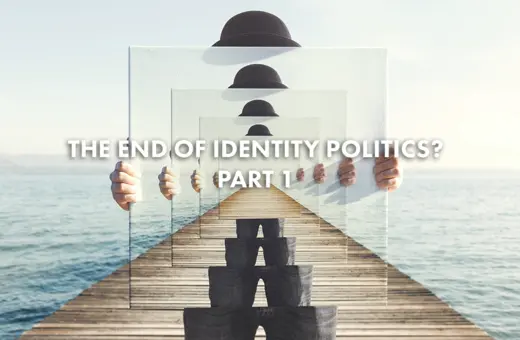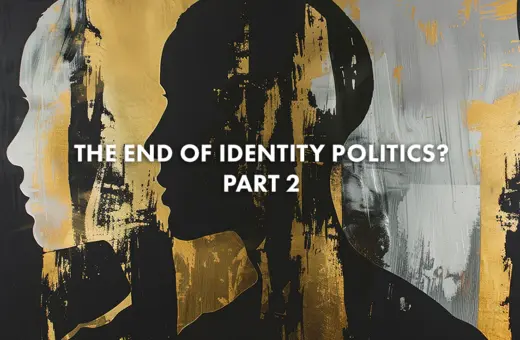The idea of sexual transgression as sin is in the founding article of Christianity, Eve eating the forbidden fruit. It’s also embedded within our contemporary secular culture –shame is often accompanied in acknowledging our sexual kinks. And yet, nothing quite fuels sexual desire like the idea of breaking taboo. Interrogating those taboos can reveal that society’s limits on sexual behaviour can be arbitrary and oppressive – if no one is being harmed, why shouldn’t we give in to desire? The safe breaking of taboo, as in BDSM, can be a way to own our desires, push shame aside, while still knowing that what we’re doing is considered naughty, and therefore hot. Good taboo sex is liberating, writes Victoria Brooks.
The question is as old as time – why do we find it so hard to resist the delicious allure of the forbidden when it comes to sex? Why do we want to bed that married person; or to ravish that particular body that we’ve been warned against touching; why have we always coveted that threesome; why do we want to do that kinky thing we suspect others will think is weird; why are we inclined to edge ourselves closer and closer to (and sometimes completely across) the line and revel in the debauched delights of taboo?
Transgression as an act means to ‘cross-over’ from being on the ‘right’ side, where we maintain moral order, into the wrong side, or to be specific – into an immoral state of chaos. Transgression means to overstep the line that keeps us all, basically, in line. So what is it about transgressing into an immoral state of sexual chaos that’s so irresistible to us? The answer is not because we’re irredeemably bad, but because we’re searching.
Our transgression is, you’ll be relieved to know, inevitable. We are set up to transgress, right from the beginning, or even before our beginning. The Judeo-Christian idea that we’re born with sin means that from childhood, particularly girls, are taught that their moral goodness is redeemed by resisting the devil and reinstating their purity; or otherwise by maintaining vague standards of virginity and general sexual ‘goodness.’ As French philosopher Michel Foucault argued, this idea resulted in the creation of a ‘mystique’ surrounding virginity. This ‘mystique,’ or virginity fetish, then ensured sex was framed in Western thinking as inseparable from morality. This mystique persists into modern times, but has morphed into a vaguer form of sexual propriety, for example women should not be too slutty. As Jessica Valenti argues, the centrality of virginity to ethical rightness has wrought centuries of sexual and spiritual violence, and needless shame, upon girls who have been taught to attach their worth to their failure to meet impossible and ill-defined standards of sexual purity.
Eighteenth century French philosopher, sadist and fierce critic of morality, Marquis de Sade, famously said that “in order to know virtue, we must first acquaint ourselves with vice.”





















Join the conversation